A spice is a seed, fruit, root, bark, or other plant substance primarily used for flavoring, coloring or preserving food.
Spices are distinguished from herbs, which are the leaves, flowers, or stems of plants used for flavoring or as a garnish. Many spices have antimicrobial properties. This may explain why spices are more commonly used in warmer climates, which have more infectious diseases, and why the use of spices is prominent in meat, which is particularly susceptible to spoiling.
Importance of Spices
Spices are sometimes used in medicine, religious rituals, cosmetics or perfume production, or as a vegetable.
Spices have substantial antioxidant activity which can also act as natural preservative, preventing or slowing the spoilage of food, leading to a higher nutritional content in stored food.
Spices can also contribute a substantial amount of minerals and other micronutrients, including iron, magnesium, calcium, and many others, to the diet.
Spices tend to add few calories to food, even though many spices, especially those made from seeds, contain high portions of fat, protein, and carbohydrate by weight.
Ginger (Zingiber officinale) is a flowering plant whose rhizome, ginger root or simply ginger, is widely used as a spice or a folk medicine.
It is a herbaceous perennial which grows annual pseudostems (false stems made of the rolled bases of leaves) about a meter tall bearing narrow leaf blades.

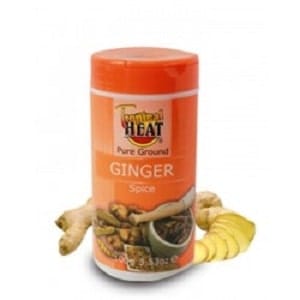
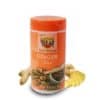
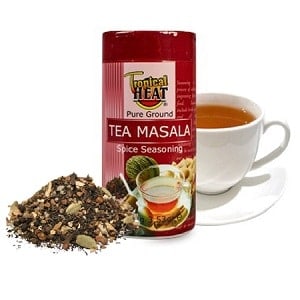
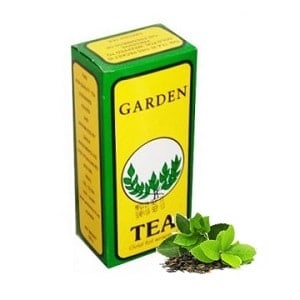
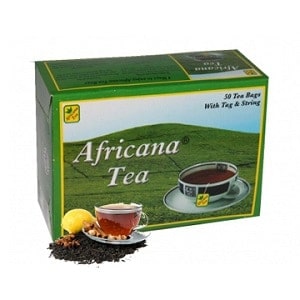
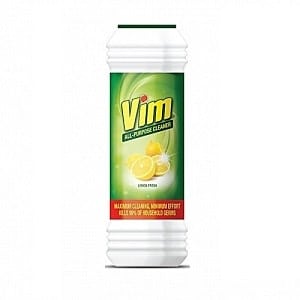
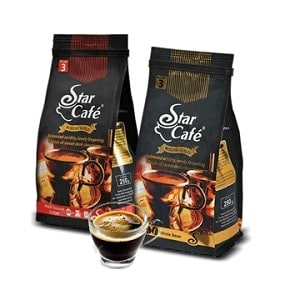
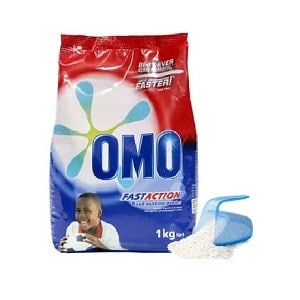
Reviews
There are no reviews yet.